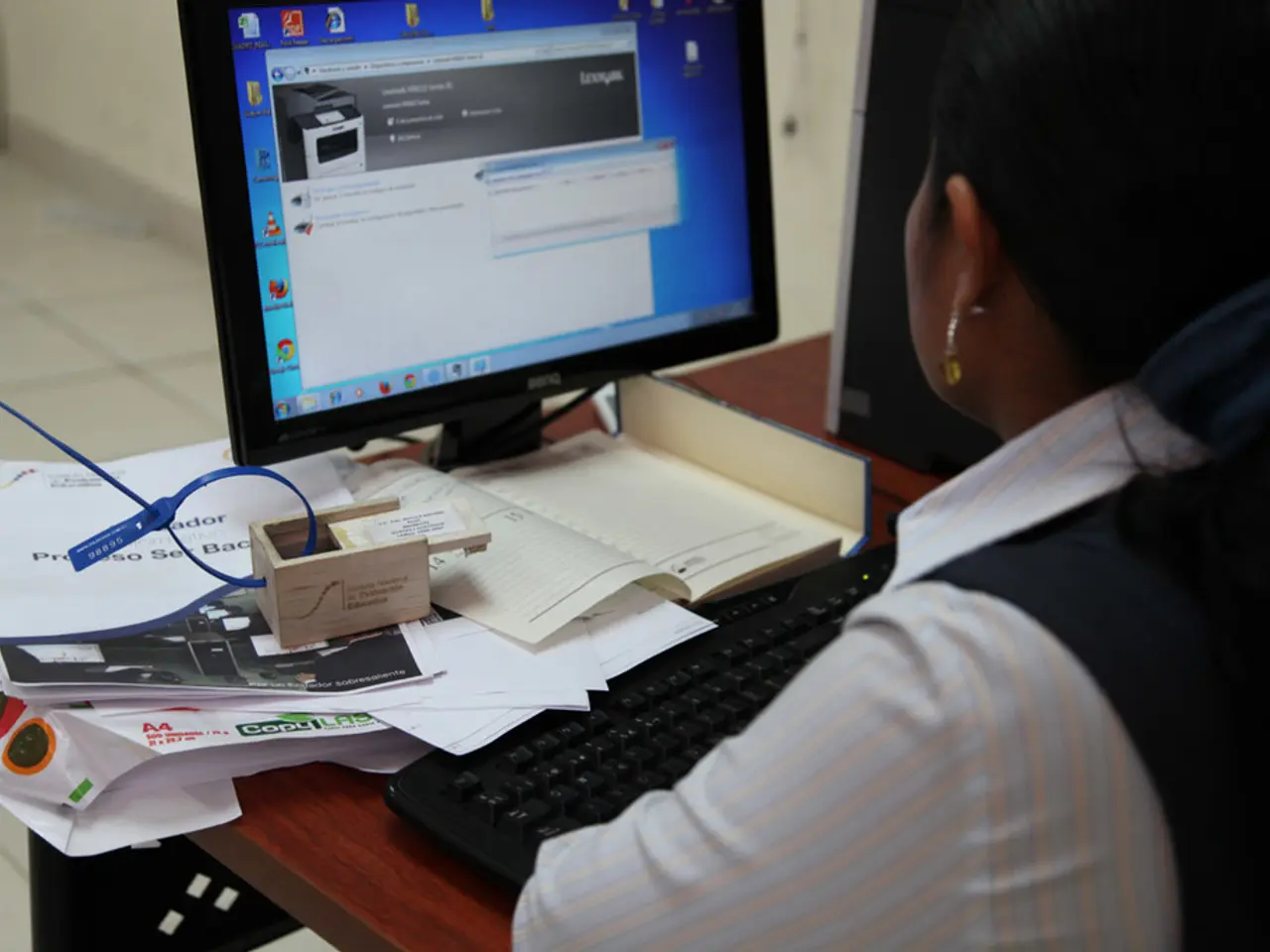Concerns arise in the German government over potential Hamas decision to halt aid to Gaza.
The German government, along with its international partners, is calling on Israel to immediately lift restrictions on the flow of aid to Gaza. This move aims to alleviate the ongoing humanitarian crisis in the region, where the population is suffering from starvation and a severe humanitarian crisis.
Germany, represented by Federal Foreign Minister Johann Wadephul, has expressed concern over reports that large quantities of aid goods are being withheld by Hamas and criminal organizations. This diversion of aid undermines humanitarian efforts and prevents essential assistance from reaching the civilians in need.
In a bid to address this issue, the German government, in cooperation with Jordan and other states, has begun dropping aid from the air over the Gaza Strip. A transport aircraft from Jordan dropped 9.6 tons of aid, consisting of food and medical supplies, into the region.
However, Israel is currently allowing more than 200 aid trucks into the Gaza Strip, but the German government believes this is not enough. The federal government, led by Chancellor Friedrich Merz, reserves the right to take steps to increase pressure on Israel due to the humanitarian situation in the Gaza Strip.
Norbert Röttgen, a CDU foreign policy expert, has advocated for EU sanctions given the situation in the Gaza Strip, suggesting that Germany may be forced to take concrete measures if Israel's policy does not change significantly soon. Proposed measures range from stopping arms deliveries to imposing sanctions on individual Israeli ministers to suspending the EU Association Agreement with Israel.
The Security Cabinet, which includes Merz, Vice-Chancellor Klingbeil, Wadephul, Dobrindt, Pistorius, and Fre, met to discuss the Middle East situation on Monday. Possible means to increase pressure on Israel to enable more aid were discussed, but no decisions were made.
The EU Commission proposed partially suspending Israel's participation in the Horizon Europe research funding program, which contains references to humanitarian and international legal obligations, at the beginning of the week. However, Germany has not yet agreed to this proposal.
Katharina Dröge, co-faction leader of the Greens, has called for a halt to weapons exports to Israel that can be used in Gaza and sanctions against far-right Israeli ministers Smotrich and Ben Gvir.
The German government is continuing to work intensively to enable aid via land. The international community's push focuses on facilitating humanitarian access and ensuring aid reaches the vulnerable civilian population without interference.
This concern is part of a broader warning by Germany, alongside the UK and France, that Israel must lift restrictions on the flow of aid to Gaza to comply with international humanitarian law and enable humanitarian organizations like the UN and NGOs to carry out their life-saving work safely and effectively.
[1] Source: German government spokesman Stefan Kornelius' statement on the situation in the Gaza Strip.
- As the situation in Gaza remains critical, the German government, in collaboration with its international partners, including the EU Commission, is advocating for Israel to comply with international humanitarian law by lifting restrictions on the flow of aid.
- The ongoing discussion in the German government, particularly within the Security Cabinet, involves exploring potential ways to increase pressure on Israel, potentially including EU sanctions, to ensure the safe and effective delivery of aid to the vulnerable populations in Gaza.








